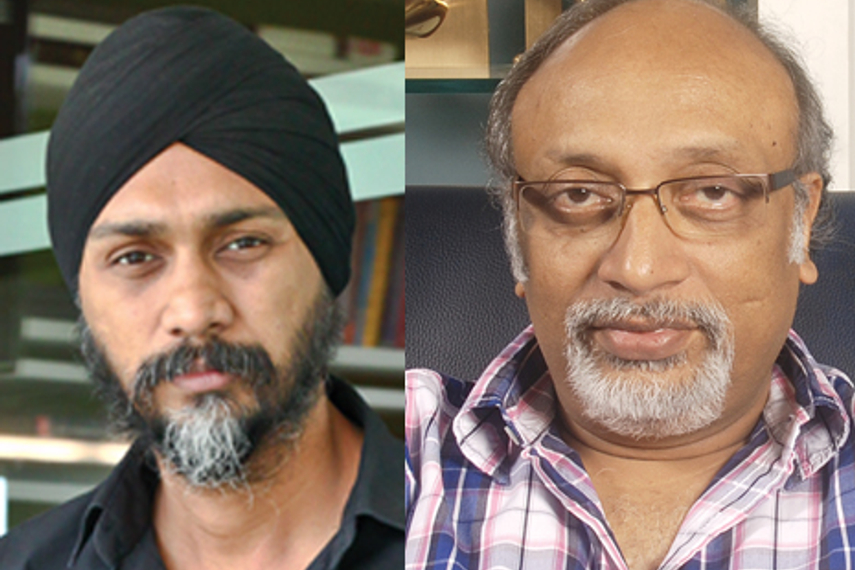
Please sign in or register
Existing users sign in here
Having trouble signing in?
Contact Customer Support at
[email protected]
or call+91 022 69047500
Leo Burnett’s K V Sridhar and Havas Worldwide’s Satbir Singh tell Pooja Ahuja Nagpal what they think about designations that exist (or don’t) for creatives, what they mean, and more. For starters, we asked them if a creative team without layers defined by designations ensures a more open work culture, ensuring better access to the creative leadership. Their views, as one would expect, are very different. Read on for more.

Contact Customer Support at
[email protected]
or call+91 022 69047500
Top news, insights and analysis every weekday
Sign up for Campaign Bulletins
Company aims to support innovation in the global adtech ecosystem through this investment.
As fans crowd the stadiums across India, advertisers launch fresh high-octane brand messaging combining creativity with cricket.
US President Donald Trump’s all-out tariff strike may play to politics, but it’s marketers and advertisers who’ll now have to brace for budget whiplash.
Early tests carried out by Meta among India’s e-commerce brands using Advantage+ catalogue ads optimisation witness 14% ROAS growth, the global social media giant states.